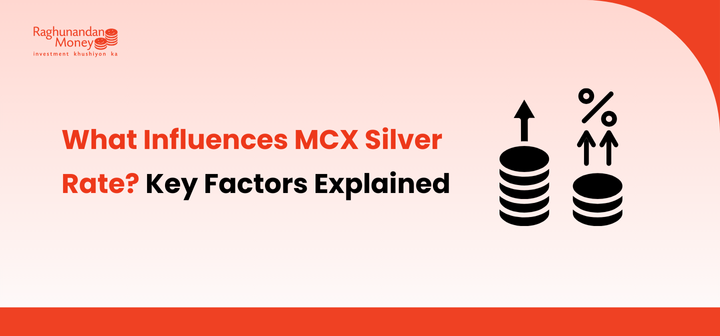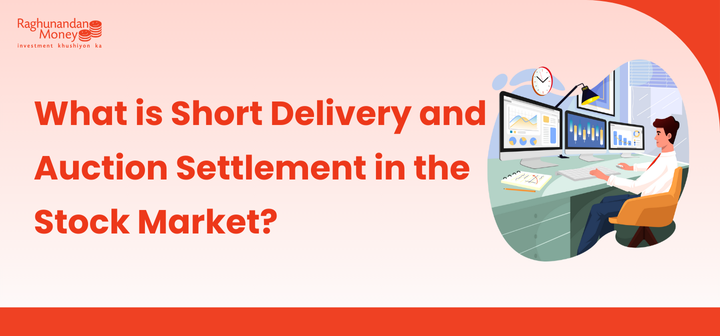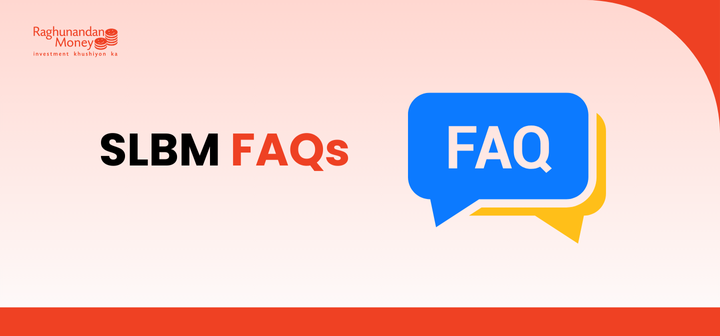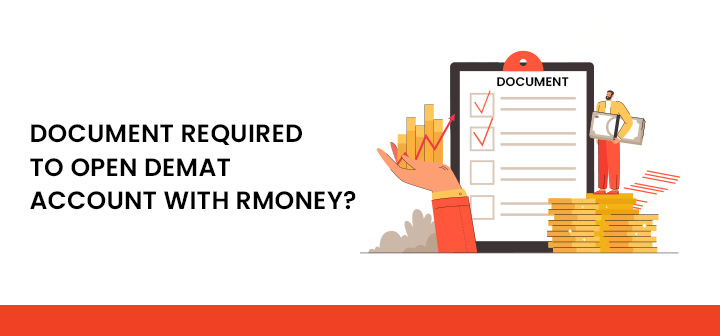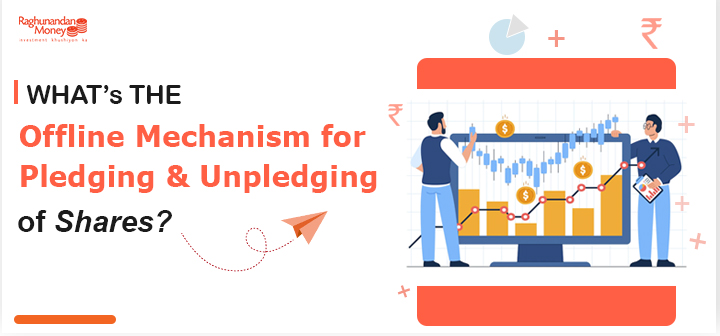Understanding Commodity Futures – The Basics
Topics Covered
- What are Commodity Futures?
- History of Commodity Futures in India
- Features of Commodity Futures Trading
Introduction
Commodity futures have been a cornerstone of the financial market for decades, offering a robust way to hedge against price volatility and speculate on market movements. Though the concept might seem modern, India’s first commodity futures exchange was established way back in 1875 for cotton trading. This blog will walk you through the fundamentals of commodity futures, their features, and how they have evolved in the Indian Market context.
What are Commodity Futures?
Commodity futures are financial contracts that allow buyers and sellers to trade a specified quantity of a commodity at a pre-determined price and date. These contracts derive their value from the underlying asset, which could range from agricultural products like wheat and cotton to energy resources like petroleum and natural gas, or even precious metals like gold and silver.
For example, a farmer anticipating a harvest of 100 quintals of wheat might wish to lock in a price of ₹2,000 per quintal to avoid the risk of fluctuating market prices. By entering into a futures contract, the farmer secures this price. If the market price drops to ₹1,500 per quintal at harvest, the farmer still benefits from the agreed-upon ₹2,000 per quintal, safeguarding their income. However, if the price rises to ₹2,500, the farmer forfeits the additional profit, as they are obligated to sell at the contracted price.
History of Commodity Futures in India
India’s journey with commodity futures trading dates back to 1875 when the Bombay Cotton Trade Association introduced the concept. However, concerns over speculative activities led to the discontinuation of essential commodity futures in the 1960s. The market was revived in 2002, with the establishment of modern commodity exchanges such as the Multi Commodity Exchange (MCX) and the National Commodity and Derivatives Exchange (NCDEX).
Features of Commodity Futures Trading
- Standardization: Futures contracts are standardized in terms of quantity, quality, and delivery date. For instance, gold contracts may be traded in units like 1 kg, 100 gm, or smaller denominations, with stringent purity requirements.
- Leverage: Trading in commodity futures requires only a fraction of the contract value as an initial margin. For example, with a 4% margin requirement, you could control a ₹10 crore contract by depositing just ₹40 lakh. This leverage amplifies both potential profits and losses.
- Regulation: The Securities and Exchange Board of India (SEBI) oversees commodity futures trading in India, ensuring transparency and fair practices.
- Physical Delivery Option: Buyers can opt for physical delivery of the commodity upon contract expiry or settle the trade in cash before expiration.
- Global Influence: Commodity prices are influenced by international events, making this market highly dynamic and globally interconnected.
Conclusion
Commodity futures serve as a valuable tool for hedging, price discovery, and speculative opportunities. Their history, evolution, and inherent features make them a vital component of modern financial markets. In the next blog, we will explore the advantages and disadvantages of trading in these instruments and practical strategies for investors.
Kickstart your investment journey seamlessly with RMoney. Open your Demat Account to invest today!
Disclaimer:-Investments in the securities market are subject to market risks. This content is for Educational purposes only and does not constitute financial advice.

Stock Trading Now trade in ₹9 Per Order or ₹ 999 Per Month Plans.
Future & Options Access F&O contracts with advanced tools for hedging and speculation.
Currency Trading Trade in major currency pairs and manage forex exposure efficiently.
Commodity Trading Diversify Trading with MCX & NCDEX by Trading in Gold, Silver, Base Metals, Energy, and Agri Products.
Margin Trading Funding Boost your buying power with upto 5X, Buy now Pay Later
Algo Trading Back test, Paper Trade your logic & Automate your strategies with low-latency APIs.
Trading View Leverage Trading View charts and indicators integrated into your trading platform.
Advanced Options Trading Execute multi-leg option strategies with precision and insights.
Stock Lending & Borrowing Earn passive income by lending stocks securely through SLB.
Foreign Portfolio Investment Enable NRIs and FPIs to invest in Indian markets with ease and compliance.
IPO Invest in upcoming IPOs online with real-time tracking and instant allotment updates.
Direct Mutual Funds 0% Commissions by investing in more than +3500 Direct Mutual Fund Scheme.
Corporate FDRs Earn fixed returns with low-risk investments in high-rated corporate fixed deposits.
Stocks SIPs Build long-term wealth with systematic investment plans in top-performing stocks.
Bonds & NCDs Access secure, fixed-income investments through government and corporate bond offerings.
Depository Services Safely hold and manage your securities with seamless Demat and DP services with CDSL.
Journey Tracing our growth and milestones over time.
Mission & Vision Guided by purpose, driven by long-term vision.
Why RMoney Platform Smart, reliable platform for all investors' needs.
Management Experienced leadership driving strategic financial excellence.
Credentials Certified expertise with trusted industry recognition.
Press Release Latest company news, updates, and announcements.
Testimonials Real client stories sharing their success journeys.
7 Reasons to Invest Top benefits that make investing with us smart.
SEBI Registered Research Trusted insights backed by SEBI-compliant research.
Our Technology Advanced tools enabling efficient online trading.
Calculators Access a suite of smart tools to plan trades, margins, and returns effectively.
Margin Calculator Instantly check margin requirements for intraday and delivery trades.
MTF Calculator Calculate MTF funding cost upfront to ensure full transparency before placing a trade.
Brokerage Calculator Know your exact brokerage charges before placing any trade.
Market Place Explore curated investment products and trading tools in one convenient hub.
RMoney Gyan Enhance your market knowledge with expert blogs, videos, and tutorials.
Performance Tracker Track our research performance with full transparency using our performance tracker.
Feedback Share your suggestions or concerns to help us improve your experience.
Downloads Access important forms, software, and documents in one place.
Locate Us Find the nearest RMoney branch or service center quickly.
Escalation Matrix Resolve issues faster with our structured support escalation process.
Back Office Log in to view trade reports, ledger, and portfolio statements anytime.
Account Modification Update personal or bank details linked to your trading account.
Fund Transfer Transfer funds instantly online with quick limit updation to your trading account.
Bank Details View our registered bank account details for seamless transactions by NEFT, RTGS or IMPS.
How to Apply IPO Step-by-step guide to apply for IPOs using your trading account.
RMoney Quick Mobile App Trade on-the-go with our all-in-one mobile trading app.
RMoney Quick login Quickly access your trading account through the RMoney Quick web-based trading.
RMoney Rocket Web Version Experience powerful web-based trading with advanced tools for algo traders.
RMoney Rocket Mobile Version Trade anytime, anywhere with our feature-rich mobile trading platform.


